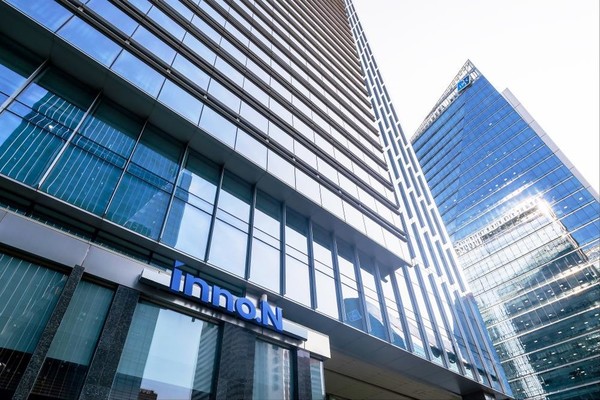HK inno.N's anti-cancer drug targeting non-small cell lung cancer (NSCLC) has been selected by the Korea Drug Development Foundation (KDDF) as part of the "New Drug R&D Ecosystem Building Research" project.

The project is a cross-sectoral R&D program where the KDDF supports the entire life cycle of new drug development to enhance the global competitiveness of Korean biopharmaceutical and improve public health.
As a result, the company plans to identify next-generation epidermal growth factor receptor inhibitor candidates with differentiated mechanisms of action from existing inhibitors and synergistic combination with standard therapies, with financial support from KDDF for about two years.
However, the company did not disclose the exact amount of the financial support, citing an agreement between the company and KDDF.
The allosteric EGFR inhibitor being developed by the company is a fourth-generation targeted anti-cancer drug that targets the L858R mutation of NSCLC. The candidate works by inhibiting EGFR by binding to an allosteric site in the EGFR protein structure.
The company expects that it will have synergistic effects with existing standard therapies for patients with L858R-mutated NSCLC due to its differentiated mechanism from existing inhibitors.
According to HK inno.N's cell-based drug efficacy evaluation results, the compound showed excellent efficacy against major drug-resistant EGFR resistance mutations, including the L858R mutation.
The candidate also showed almost no inhibition effect against normal EGFR, minimizing the side effects such as skin rash of existing EGFR tyrosine kinase inhibitors.
"Various therapies are being developed to overcome the resistance of existing therapies, but there are no allosteric EGFR inhibitors in clinical development," HK inno.N Drug Research Center Director Kim Bong-tae said. "In addition to overcoming resistance mutations, we will focus on developing next-generation therapies that have excellent efficacy in brain metastasis models and can be synergized with existing inhibitors."
Related articles
- HK inno.N to exclusively market Roche's flu treatment in Korea
- HK inno.N aiming to monopolize GERD market launches K-CAB in Indonesia
- HK inno.N signs CMO deal with Brexogen for exosome therapeutic cell lines
- ‘HK inno.N set to develop 5th-generation lung cancer drug’
- HK inno.N to present NSCLC drug candidate at AACR cancer meet in US

